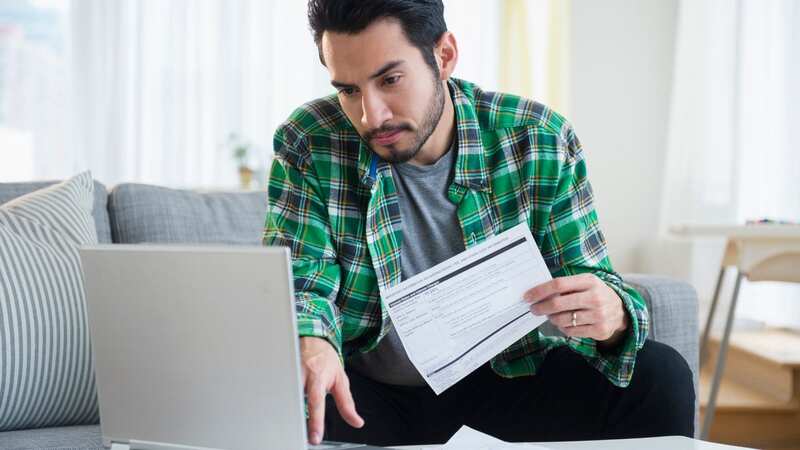

Around 3.3million savings accounts are now liable to pay tax due to the frozen Personal Saving Allowance (PSA), thresholds research has revealed.
The analysis, which was carried out by Shawbrook of information collected by the data collection company CACI, found this was up from the 257,000 non-ISA savings accounts which were paying tax a year earlier.
The bank suggests the reason for the increase is due to higher interest rates on savings accounts - due to the Bank of England's repeated hikes - paired with the frozen PSA thresholds.
Your PSA allows you to save up to £1,000 a year in tax-free interest if you are a basic rate taxpayer or £500 if you're a higher rate taxpayer - additional rate taxpayers don’t receive any allowance at all.
It's not to be confused with your Personal Allowance, which is the amount of tax-free income you can receive each year.
 Savvy woman fed herself for less than £1 per day using items from Tesco
Savvy woman fed herself for less than £1 per day using items from Tesco
Shawbrook warns that many may not realise they have been dragged into the tax net.
Adam Thrower, head of savings at Shawbrook said: “High rates are great for savers, and they are now finally getting attractive returns on their deposits.
"However, due to frozen tax thresholds, a basic rate taxpayer with £17,500 in savings could end up paying tax on the interest earned."
Adam noted that savers with larger cash pots should now be paying attention to not just the interest rate on offer but the tax implications too so may want to consider an ISA account instead.
He added: "For anyone who is likely to go over their PSA, an ISAs could be a wise choice.”
“ISAs are a great way of reducing your tax burden - although they do often come at a slightly lower interest rate."
ISAs offer a tax-free wrapper for up to £20,000 per person, regardless of income tax rate.
This means you can save up to £20,000 and pay no tax whatsoever on the interest earned.
This amounts to £40,000 of tax-free savings for a couple as each person can have their own ISA.
Adam explained: “For a couple with £40,000 savings, a switch to an ISA could save them £280 in tax burden, slightly offset by slightly lower rates of interest on ISAs.
 Martin Lewis warns millions could have savings over £1000 but don't know it
Martin Lewis warns millions could have savings over £1000 but don't know it
"You can also transfer existing ISA deposits into a new account without it counting towards your yearly allowance providing you keep the money within the ISA wrapper by using the Cash ISA Transfer Service.”
“People can use as much or as little of the ISA allowance as they wish, but it is important to note you cannot ‘roll over’ the allowance to the following year.”